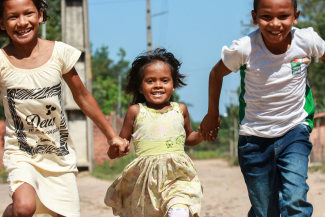
The fact sheets presented on this platform provide a detailed description of Brazilian social protection programs, services and benefits, as typified by the Unified Social Assistance System (SUAS)*.
The descriptions are organized in a standardized manner, covering essential information about each program, service, or benefit, while highlighting the central role of SUAS in building a comprehensive and integrated social protection network.
Each fact sheet provides detailed information on target audience, eligibility criteria, components and subcomponents of the initiatives, as well as associated conditionalities (when applicable). Additional information on management mechanisms, including the roles of federal, state, and municipal entities, as well as on financing and monitoring mechanisms are also included. Furthermore, the fact sheets address the intersections between social protection and other sectors, such as health, education, and food security, highlighting the intersectoral nature of the Brazilian social protection system.
The fact sheets can be dynamically selected based on key characteristics, such as target group (Children and Adolescents, Families, and Individuals) and/or the type initiatives (Benefits, Programs, Services).
With these fact sheets, public policy managers, researchers, and other interested parties will be able to gain insights into how Brazilian social protection programs, services, and benefits - mediated by SUAS - contribute to reducing hunger, overcoming poverty, and promoting a more just and equitable society.
*Within the context of SUAS, these categories are defined as follows:
Programs
These are initiatives structured with clear objectives and a defined duration (although they may be continuous or renewed). Programs generally have broad and specific goals, such as poverty reduction, guaranteed minimum income, or food security.
Services
These are actions directly linked to the provision of social protection through continuous services offered in facilities such as Social Assistance Reference Centers (CRAS) or Specialized Social Assistance Reference Centers (CREAS). Social protection services are targeted and operate in a decentralized manner to meet specific demands.
Benefits
These are aids granted to families or individuals in situations of social vulnerability or at personal risk, aimed at meeting basic and emergency needs.
